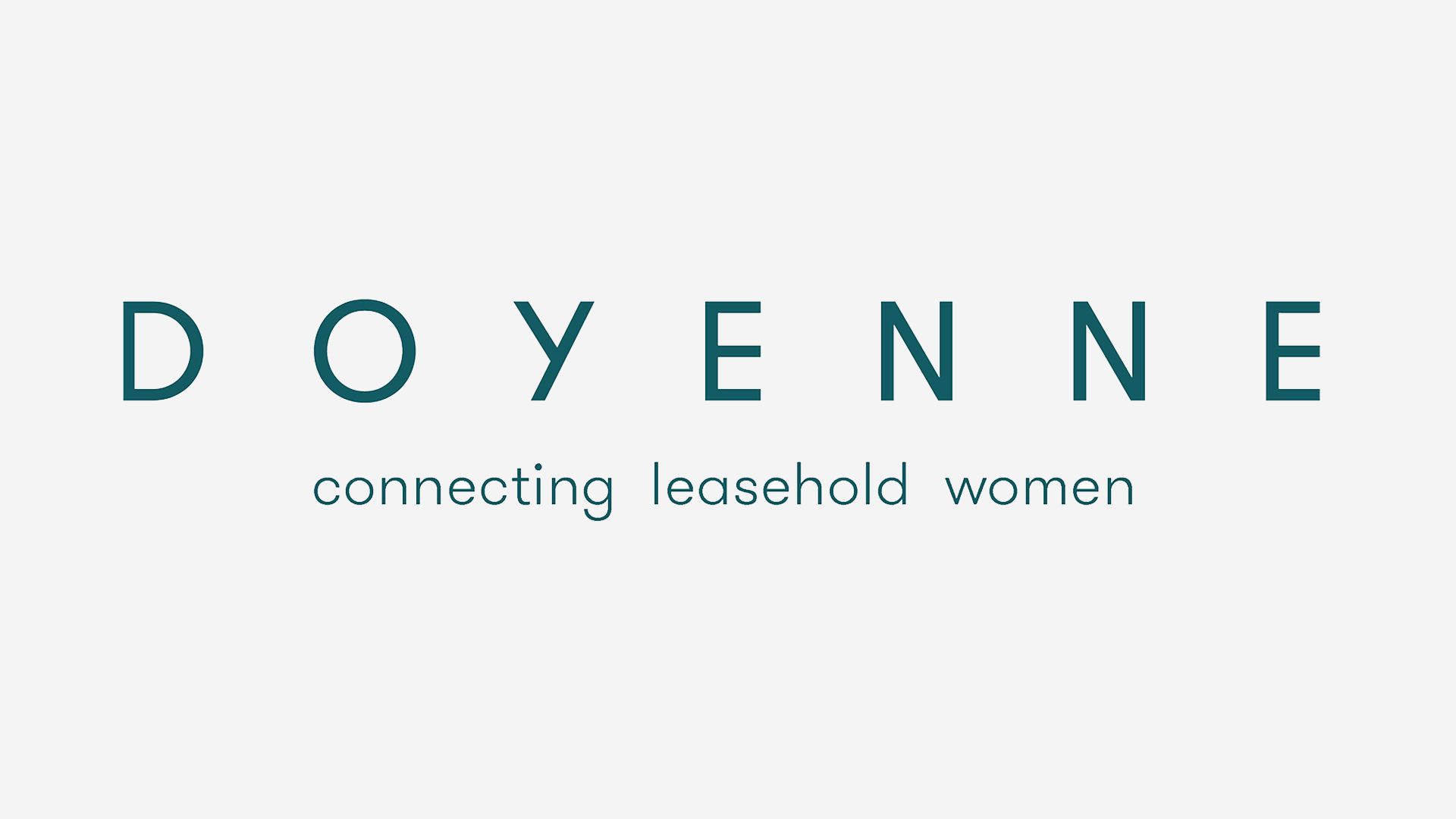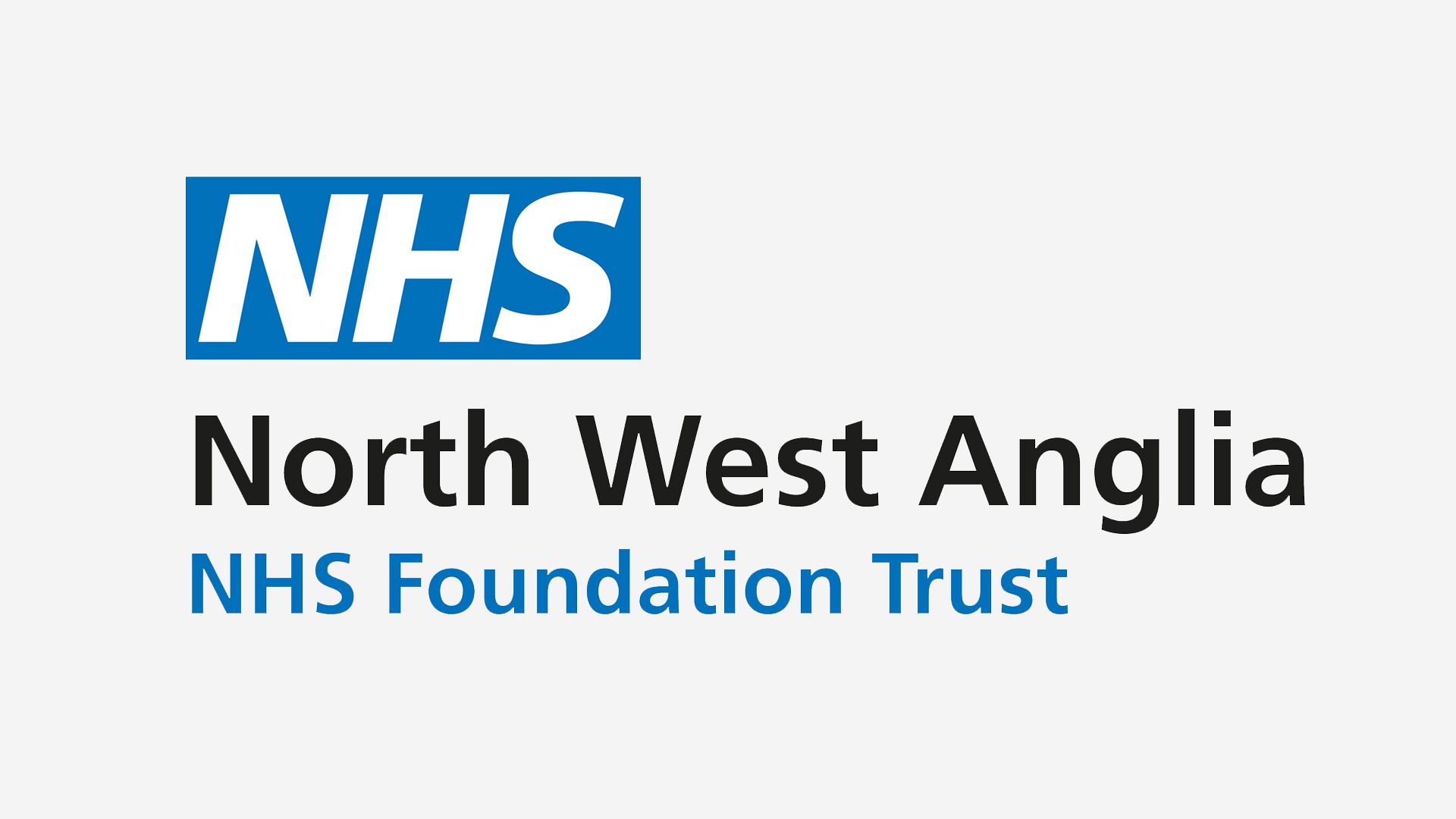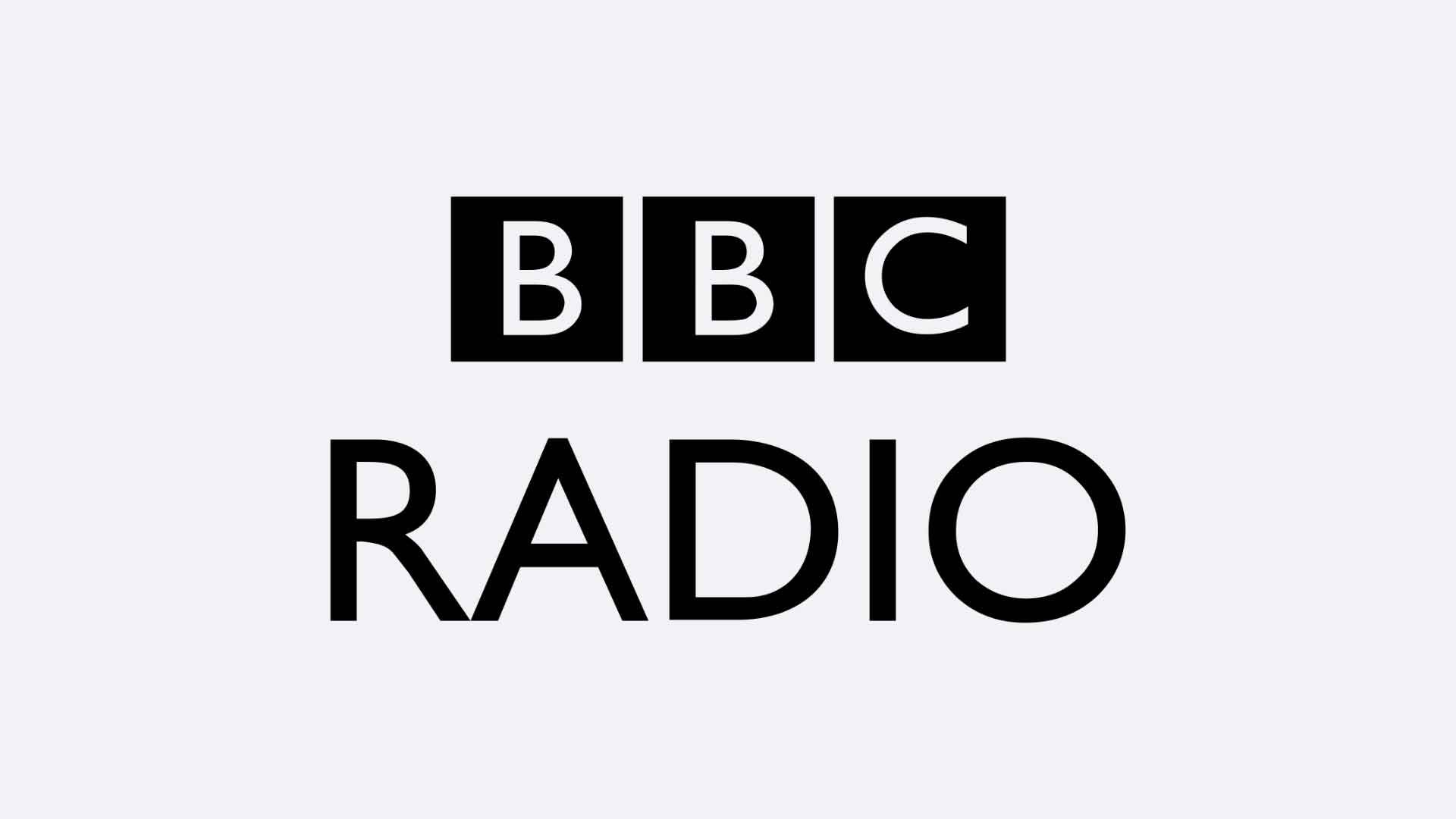Mental Health & Wellbeing with Marie Curie

Last week Laura Drury received a card in the post. This was not unusual, but the card was. It was from Marie Curie. Laura had delivered a session for them on Mental Health and Wellbeing. The card contained personal messages of thanks and brought a lump to her throat. It was very much appreciated.
One of the first questions asked in the session was whether it’s appropriate to use humour where mental health is concerned. It became apparent throughout the session that, yes, it is. Not only is it appropriate, but it can be an incredibly useful tool when addressing mental ill health. It should be used carefully and sensitively. The rule is: if in doubt, don’t.
At Laughology we describe humour as a ‘cognitive tool’ which enables us to look at a situation objectively. This helps us to consider the situation from a more rational, objective perspective in order to move forward. Also, should laughter follow, you have the added benefits of the release of endorphins which help relax us and balance the stress hormones to help us to start feeling a little better.
There was certainly a lot of laughter during the session, as well as plenty of discussion. The main focus was to identify and understand the differing mental health illnesses, what the symptoms are and what’s available both in work and outside to help. Also, to reduce the stigma that is sometimes associated with mental ill health. It’s important to remember that in the same way we can become physically unwell, we can become mentally unwell too and if we can open communications in order to talk about it easily, we can address it and heal quicker.
Should you suspect anyone of feeling mentally unwell then we recommend the following:
Spot
Create a culture of awareness, understand the facts and where possible try to create strong relationships between you and your co-workers or direct reports. That way you’ll be more aware of any unusual or different behaviour.
Support
Do this by listening without judgement. This means avoiding trying to offer solutions (yours won’t necessarily be the best for them), asking open questions and maintaining eye contact. Try not to mirror their body language but stay in a neutral position, sitting up with an open expression.
Signpost
Don’t try to fix the problem or situation. Whilst it is human nature it can be more unhelpful than helpful. Ask if they’ve seen a doctor and point them towards any internal support your company has in place, or appropriate resources that can be found online.
Comments from Marie Curie included:
‘We LOVED your Laughology session, thanks so much for presenting, it was so much fun and really resonated with the team.’
‘Thank you for leading such a great session. I’ve seen guys using some of the techniques and tips already
‘Thank you so much for such a brilliant, impactful session. You treated a sensitive but important topic with care and good humour, and it worked! Thank you!’

































